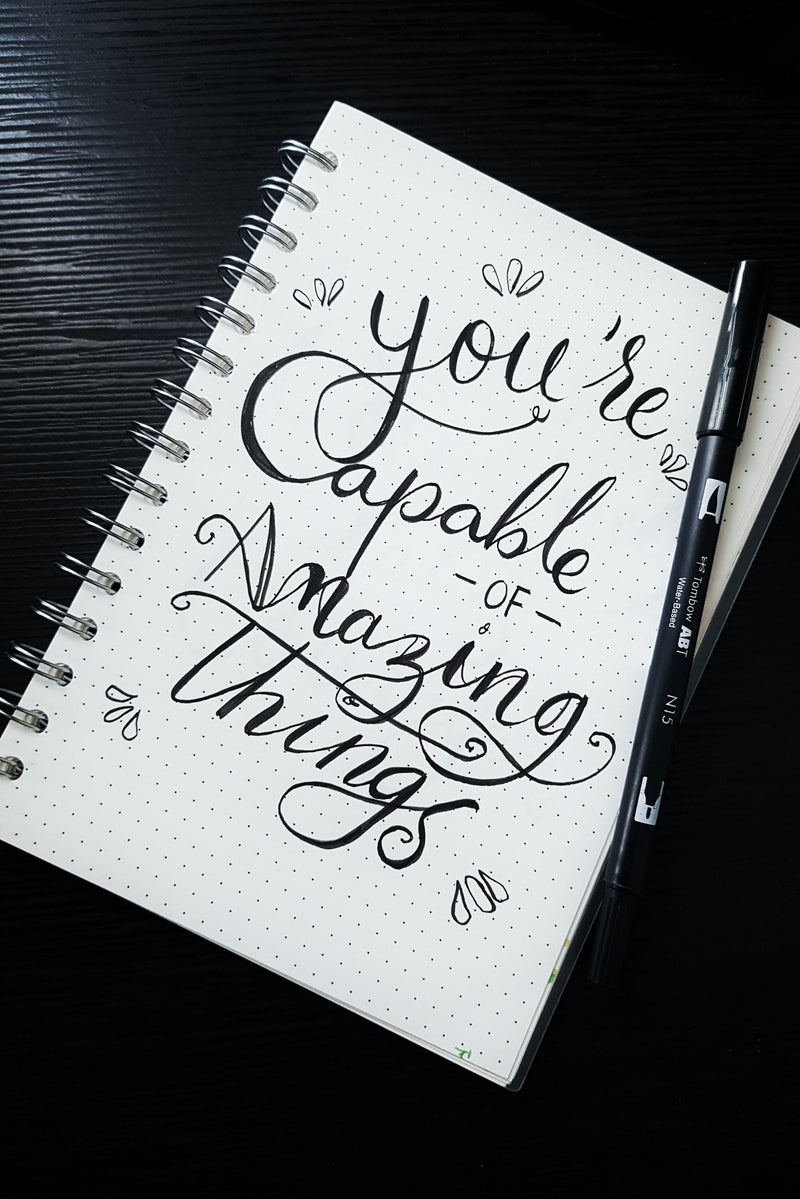What is Recreational Therapy
Recreational therapy is a versatile therapeutic approach that purposefully uses recreation, scientific theory, and experiential interventions in order to maintain or improve health status, functional abilities, or quality of life. Recreational therapy may be offered to children, adolescents, young adults, and our more experienced folks with physical, developmental, mental, addiction, or progressive health related challenges.
Why consider recreational therapy?
- Recreational therapy has been an invaluable allied health care profession in various hospitals and community organizations for more than 30 years. It is most often used in specialty hospitals to complement professional counseling, medication management, occupational therapy, physical therapy, and other health care disciplines and services.
- The very roots of recreational therapy are to find joy and purpose in life. With this foundation recreational therapists are well suited to include, captivate, entertain, and challenge their clients to strive for their best.
- The flexible environments in which we can meet with clients may enhance their ability to learn, practice, and develop coping skills in practical, realistic, and natural ways.
- The option of an in-home and an in-person recreational therapy experience may provide you or your loved ones with the personal touch that you or they may need.



Leisure Specialists
As leisure specialists recreational therapists are trained to help others identify leisure interests, leisure barriers, set plans to overcome such barriers, and then put those plans into action. In addition, Recreational Therapists act as an advocate for helping clients identify local resources where they can engage in leisure as a regular part of their lifestyle. Our lifestyle choices can either act as protective factors or risk factors for mental health and substance use related disorders. Leisure plays an expansive part in forming a person's lifestyle, their attitudes, and their pursuits in life. Leisure participation can be utilized as form of preventative care or it can be a catalyst leading to repeated cycles of depression, anxiety, or addiction. These are challenging times for many people. There are many external demands and interests constantly bombarding people; through their family, friends, social media, and other outlets. All of this can become overwhelming and be an impediment in helping you and those you love know what course to take. A leisure specialist at your disposal may help you or those you love to re-evaluate, re-balance, and step forward with faith and realize the potential of your best selves!



Goals and Outcomes of a Recreational Therapist
- Increase understanding and maintenance of physical, mental, developmental, or progressive health related symptoms.
- Increase awareness and the use of effective coping mechanisms for various physical, mental, developmental, or progressive health related symptoms.
- Improve self-perception, self-confidence, and self-esteem.
- Decrease negative thinking, self-harm, violence, substance abuse, suicidal ideation, and other behavioral health symptoms.
- Increase communication skills and strengthen relationships.
- Identify and establish habits and routines that support desired lifestyles.
- Improve the quality of life for those with a chronic or progressive health condition.
- And more...



Examples of Interventions and Activities Be Your Best Services Can Offer
Positive Psychology
___
Yoga, Meditation, Thai Chi, Progressive Relaxation, Breathing Exercises
___
Cognitive Behavioral Therapy
___
Dancing, Painting, Karaoke, Cooking, Sketching, Music Listening, Name That Tune, Water Balloon Toss
___
Dialectical Behavioral Therapy
___
Walking, Swimming, Hiking, Basketball, Tennis, Baseball, Volleyball, Soccer, Kickball
___
Leisure Counseling
___
Board Games, Jeopardy, Strategy Games, Puzzles, Family Feud
__
Acceptance and Commitment Therapy
___
Origami, Journaling, Beaded Animals, Bracelets, Positive Affirmations
___
Choice Theory
___
Bocce Ball, Horseshoes, Croquet, Pickle Ball, Bean Bag Toss, Reminiscing, Animal Assisted Activities
___
Behavior Modification
___
And Even More!



Playing a Complimentary and Distinctive Role
Recreational therapists, similar to that of professional counselors and social workers, are trained to help people identify factors that impact their health positively or negatively, create plans to help achieve their desired goals, and encourage and support them to make the necessary steps for living a happier and healthier life. There are a few noteworthy and essential tasks that professional counselors and social workers are able to perform, which a recreational therapist is unable to execute. However, on the flip side, a recreational therapist’s distinctive role as a leisure specialist provides client's, families, and other health care professionals with additional skills and insights that further enhances client satisfaction and client outcomes.

